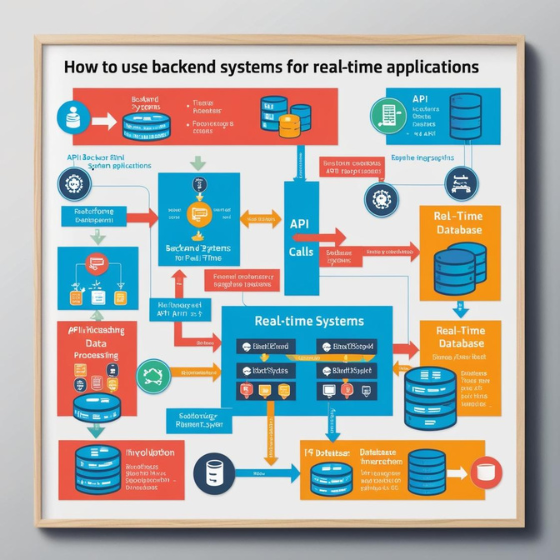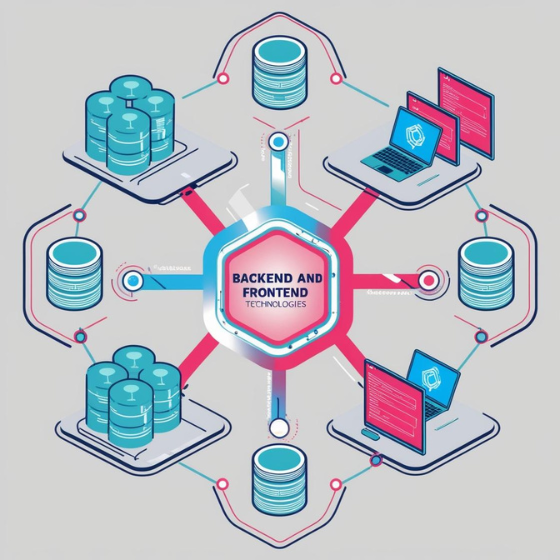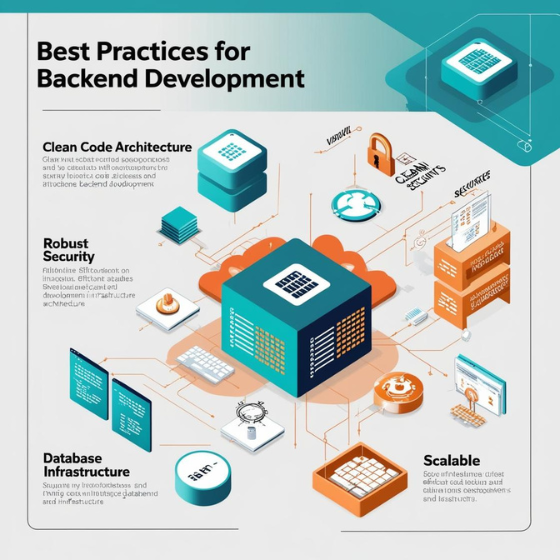Node.js has revolutionized server-side development with its event-driven architecture and non-blocking I/O capabilities. At Sodio, we have leveraged Node.js to deliver highly successful projects across various industries. In this blog, we will explore several case studies that highlight how Node.js has driven innovation and efficiency in our projects. These examples will showcase the versatility and power of Node.js in solving complex challenges and delivering high-performance solutions.
Case Study 1: Real-Time Chat Application for Social Media
Project Overview
In this project, Sodio was tasked with developing a real-time chat application for a major social media platform. The goal was to create a highly responsive and scalable chat feature that could handle millions of concurrent users without performance degradation.
Challenges
- Real-Time Messaging: The application needed to provide instant messaging with minimal latency.
- Scalability: Handling millions of concurrent connections required efficient resource management and horizontal scaling.
- Integration: The chat feature had to seamlessly integrate with the existing social media platform.
Solution
Node.js was chosen for its non-blocking I/O and event-driven architecture, which are ideal for real-time applications. We implemented WebSocket communication to facilitate bidirectional data transfer, ensuring instant message delivery. Additionally, we utilized Node.js’s clustering capabilities to distribute the load across multiple servers, ensuring scalability and high availability.
Results
The real-time chat application successfully met the client’s requirements, providing a seamless messaging experience for millions of users. The scalability and performance of the Node.js-based solution exceeded expectations, handling peak loads efficiently and maintaining low latency.
Case Study 2: E-Commerce Platform with Dynamic Product Recommendations
Project Overview
Sodio was commissioned to develop an e-commerce platform with dynamic product recommendations. The platform needed to offer personalized shopping experiences by analyzing user behavior and providing real-time recommendations.
Challenges
- Performance: The system had to handle high traffic volumes and provide personalized recommendations in real-time.
- Data Integration: Integrating with various data sources and APIs to fetch product information and user behavior data.
- Scalability: Ensuring that the platform could scale efficiently during peak shopping seasons.
Solution
Node.js’s event-driven architecture was ideal for handling the high traffic and real-time data processing required for dynamic recommendations. We used Node.js to build a microservices-based architecture, where different services handled user data, product information, and recommendation algorithms. This approach allowed us to scale individual components independently and efficiently.
Results
The e-commerce platform delivered a personalized shopping experience, increasing user engagement and sales. The Node.js-based architecture provided the scalability needed to handle peak traffic and ensured real-time processing of recommendations, significantly enhancing the overall user experience.
Case Study 3: Healthcare Management System with Real-Time Data Analytics
Project Overview
In this project, Sodio developed a healthcare management system that included real-time data analytics for patient monitoring and reporting. The system aimed to improve patient care by providing healthcare professionals with timely and accurate data.
Challenges
- Real-Time Data Processing: The system required the ability to process and analyze patient data in real-time.
- Integration: Integrating with various medical devices and electronic health records (EHR) systems.
- Data Security: Ensuring the security and confidentiality of sensitive patient information.
Solution
Node.js was utilized to build a scalable backend system capable of handling real-time data streams from medical devices. We implemented a combination of Node.js and third-party analytics tools to process and analyze data efficiently. Node.js’s ability to handle concurrent connections and real-time data made it a suitable choice for this project.
Results
The healthcare management system successfully provided real-time analytics and monitoring, enhancing patient care and operational efficiency. The use of Node.js ensured that the system could handle the high volume of data and provide timely insights, while also meeting stringent security requirements.
Case Study 4: Travel Booking Platform with Dynamic Pricing Engine
Project Overview
Sodio developed a travel booking platform featuring a dynamic pricing engine that adjusted rates based on various factors such as demand, seasonality, and user behavior. The platform needed to offer real-time pricing updates and handle a large volume of transactions.
Challenges
- Dynamic Pricing: Implementing an engine that could adjust prices in real-time based on multiple factors.
- High Transaction Volume: Managing a high number of transactions and ensuring system reliability.
- Real-Time Updates: Providing real-time updates on availability and pricing to users.
Solution
Node.js was selected for its efficiency in handling concurrent requests and real-time updates. We used Node.js to build the dynamic pricing engine and integrate it with the booking platform. The non-blocking I/O capabilities of Node.js allowed us to process transactions and update pricing in real-time without affecting system performance.
Results
The travel booking platform successfully implemented the dynamic pricing engine, providing users with up-to-date rates and availability. The Node.js-based solution ensured that the platform could handle high transaction volumes and deliver real-time updates, resulting in a seamless booking experience for users.
Case Study 5: Online Learning Platform with Interactive Features
Project Overview
Sodio was tasked with creating an online learning platform that included interactive features such as live quizzes, video streaming, and discussion forums. The platform aimed to provide an engaging learning experience for students and educators.
Challenges
- Interactive Features: Implementing real-time interactions such as quizzes and discussions.
- Video Streaming: Ensuring smooth video streaming and playback.
- Scalability: Handling a large number of concurrent users and interactive sessions.
Solution
Node.js was chosen for its ability to handle real-time interactions and manage multiple connections efficiently. We used Node.js to build the backend services for live quizzes and discussion forums, and integrated video streaming capabilities. Node.js’s event-driven architecture enabled smooth real-time interactions and scalable performance.
Results
The online learning platform provided an engaging and interactive experience for users, with real-time quizzes, discussions, and video streaming. The Node.js-based solution ensured that the platform could handle a high volume of concurrent users and deliver interactive features with minimal latency.
Conclusion
These case studies illustrate the diverse applications of Node.js in solving complex challenges and delivering high-performance solutions across various industries. From real-time chat applications and e-commerce platforms to healthcare systems and online learning platforms, Node.js has proven to be a versatile and effective technology for modern server-side development. By leveraging the unique capabilities of Node.js, Sodio has successfully delivered innovative solutions that meet the needs of our clients and enhance user experiences.







